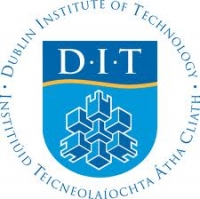
- About us
-
Courses
- Bachelor of Business Studies (Hons)
- BA (Commerical Modern Music)
- BA (Contemporary Visual Culture)
- BA (Creative and Cultural Industries)
- BA (Culinary Arts)
- BA (Design)
- BA (Design) in Visual Communication
- BA Drama (performance)
- BA (Early Childhood Education)
- BA (Film and Broadcasting)
- BA (Fine Art)
- BA (Games Design)
- BA(Hons)(Accounting and Finance)
- BA (Hospitality Management)
- BA(Interior Design)
- BA (International Business and Languages)
- BA (Journalism)
- BA (Languages and English Studies)
- BA (Languages and International Tourism)
- BA (Leisure management)
- Faculties
- Contacts

